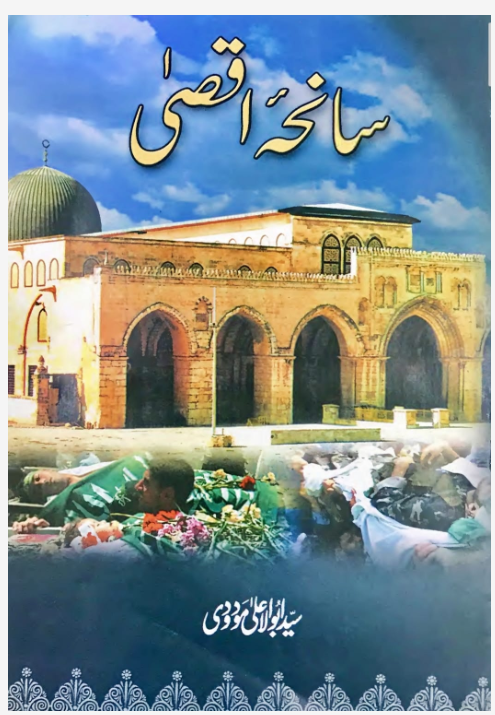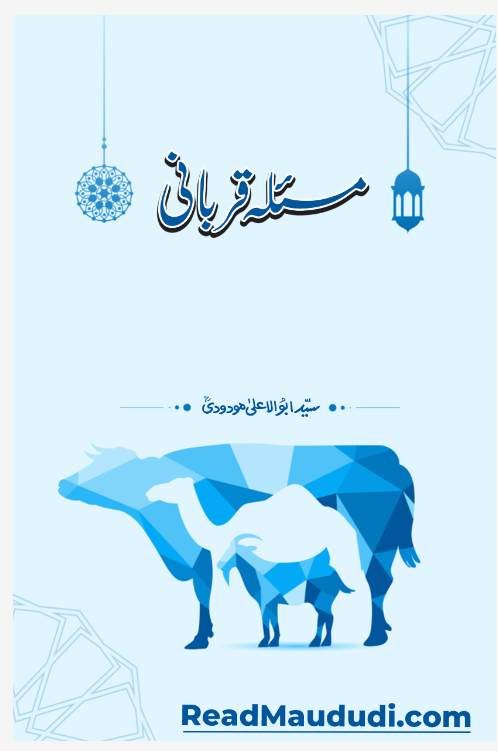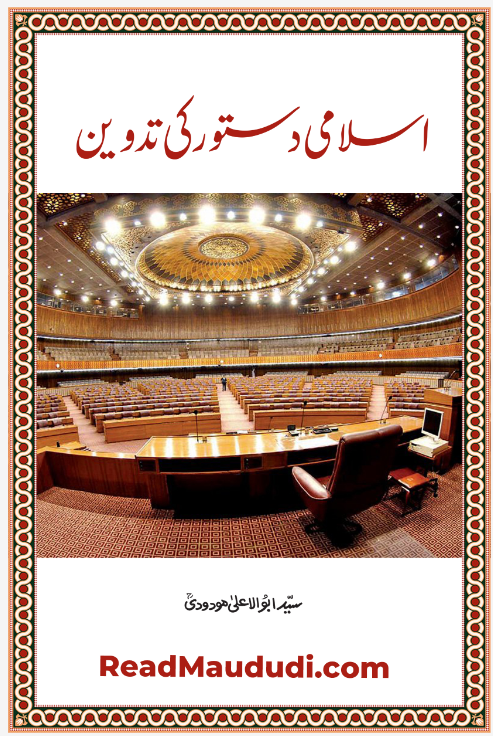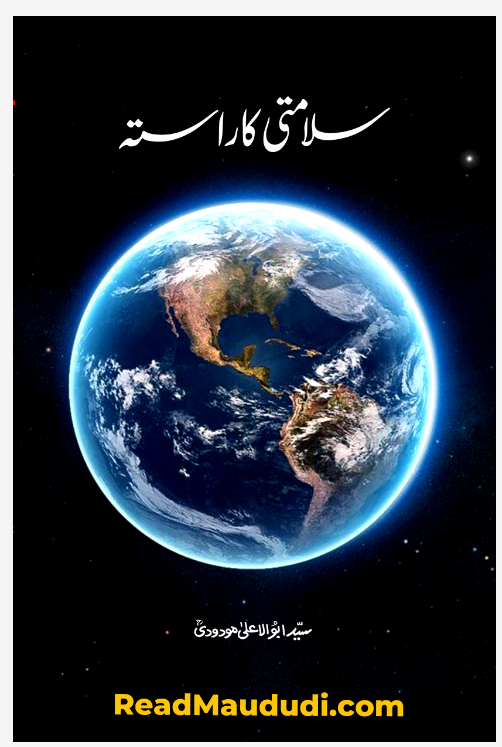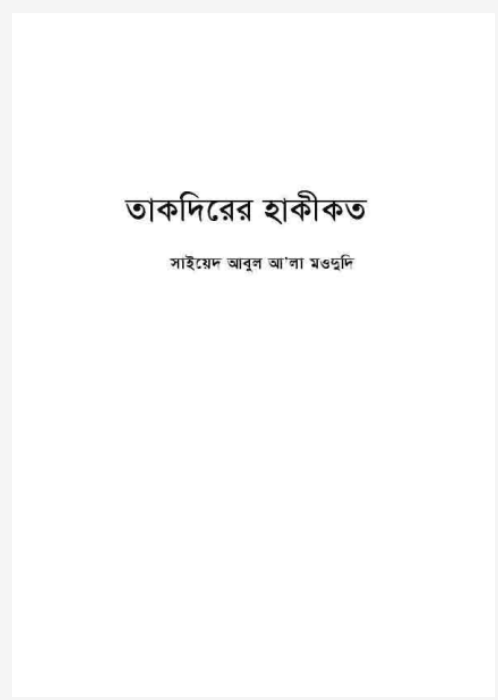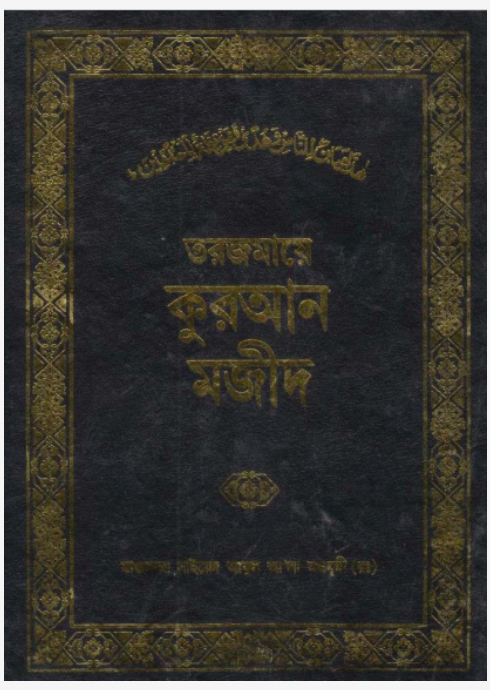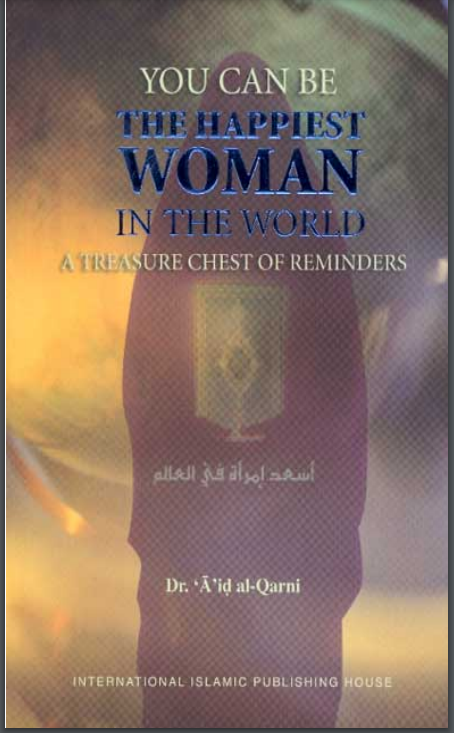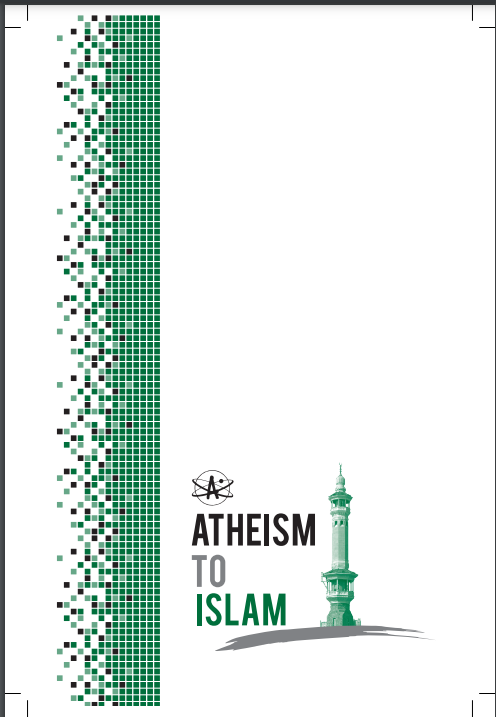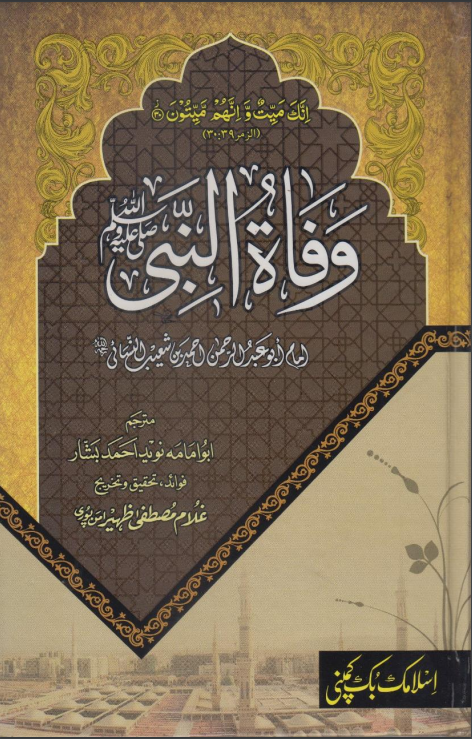

Islam ka Nizam-e Hayat ) by Abul Ala Maududi
Private Book Reader
Upload and read your personal PDF books in our secure reader
Read Your Private BookShort Audio Book Summary
Islam ka Nizam-e Hayat ) by Abul Ala Maududi Summary
0:00 / 0:00Reviews
No review yet. Be the first to review this book!
Description
"Islam ka Nizam-e Hayat" (اسلام کا نظام حیات) by Abul Ala Maududi is a significant Urdu book that explores the comprehensive system of life prescribed by Islam. Here's a brief summary of its key themes: Key Themes: Islamic Way of Life: The book elucidates the holistic approach of Islam towards life, covering aspects such as personal conduct, social interactions, governance, economics, and spirituality. Maududi emphasizes that Islam provides a complete framework for individuals and societies to live in accordance with divine guidance. Principles and Values: It discusses the foundational principles and core values upheld in Islamic teachings, including justice, compassion, equality, and moral integrity. Maududi highlights how these principles form the basis of a balanced and harmonious societal structure. Social Justice and Welfare: The book addresses the importance of social justice in Islam, advocating for equitable distribution of wealth, provision of basic necessities, and care for the disadvantaged members of society. Maududi underscores Islam's emphasis on collective responsibility and solidarity among Muslims. Spiritual Development: It explores the spiritual dimensions of Islam, emphasizing the cultivation of faith, devotion, and mindfulness in everyday life. Maududi discusses the significance of prayer, fasting, charity, and other acts of worship in nurturing a strong spiritual connection with Allah. Critique of Secularism: Maududi critiques secular ideologies and emphasizes the incompatibility of secularism with Islamic principles. He argues for the supremacy of divine law (Sharia) in governing all aspects of life, including personal conduct and governance. Importance: "Islam ka Nizam-e Hayat" is considered essential reading for Muslims seeking to understand the comprehensive nature of Islam as a way of life. Maududi's analysis provides insights into how Islamic teachings can be applied to contemporary challenges and societal issues, promoting a balanced approach to personal piety and social reform. The book encourages readers to adopt an integrated worldview that harmonizes spiritual values with practical actions in pursuit of individual and collective well-being according to Islamic principles.



























.jpg)









.jpg)






.jpg)
.jpeg)
.jpeg)
.jpg)
.jpeg)


.jpg)


.jpeg)

.jpg)










.jpeg)

.jpg)






.png)





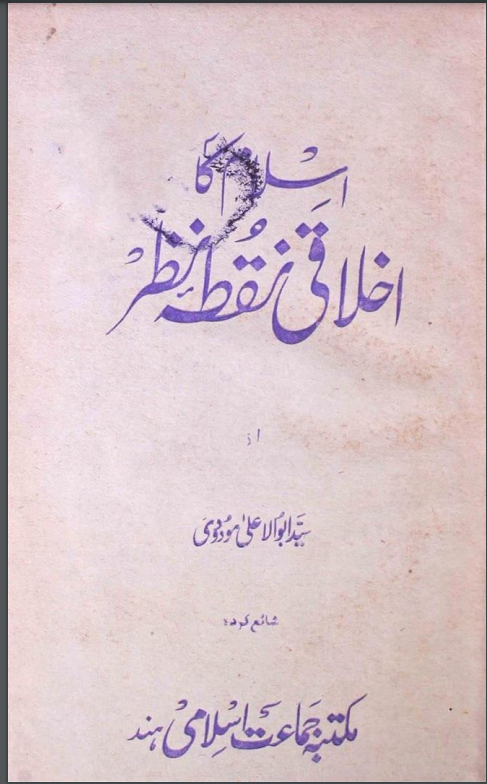
.jpg)




